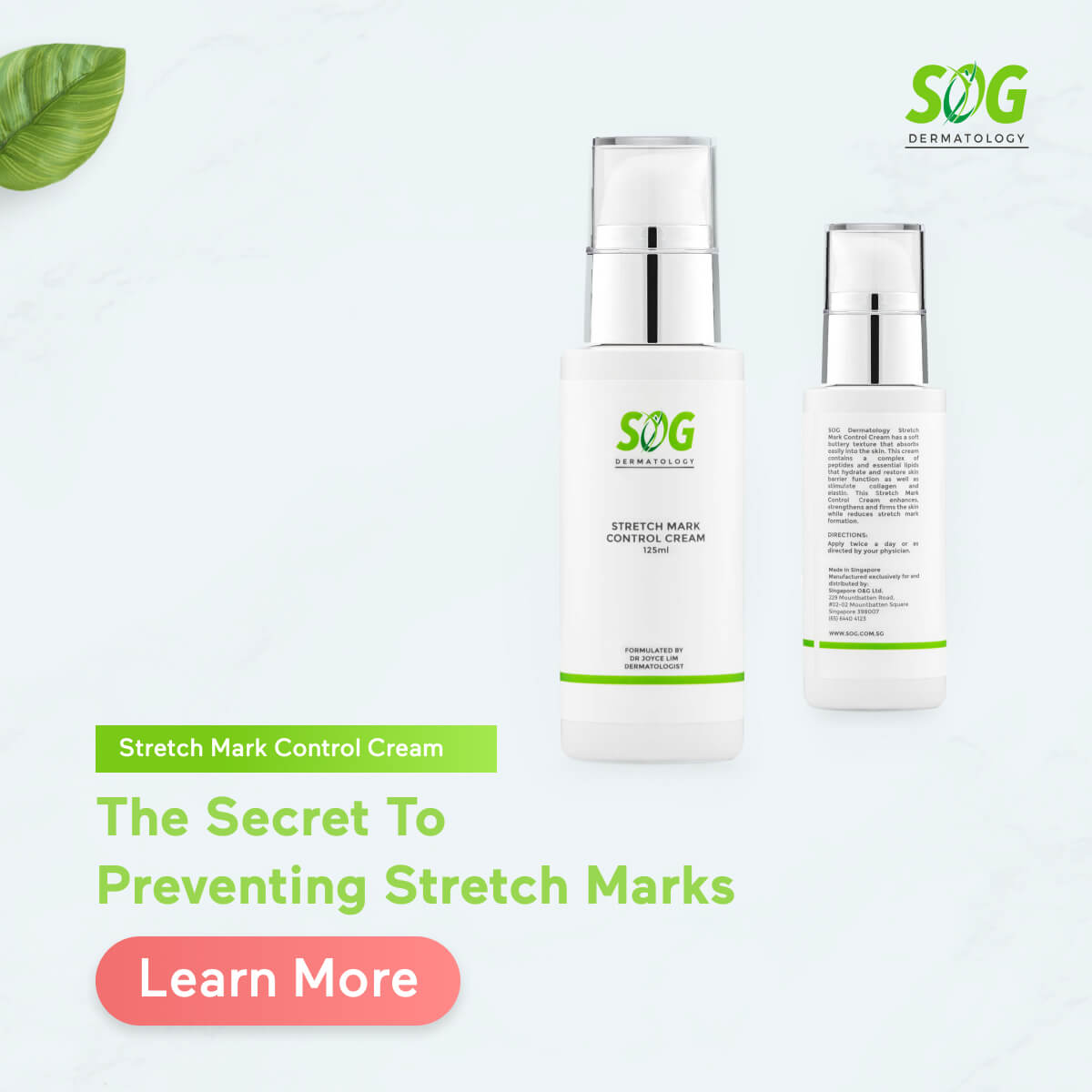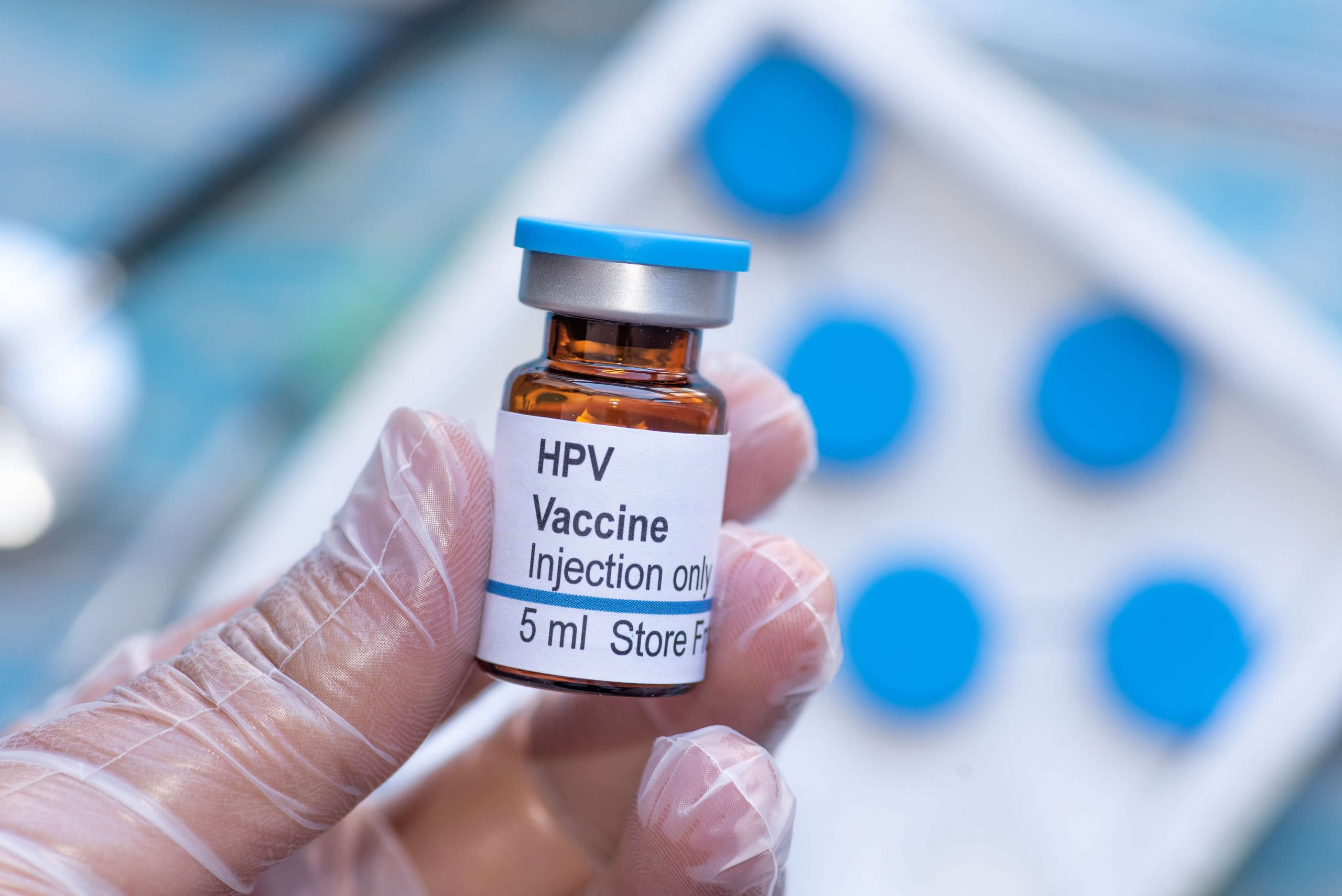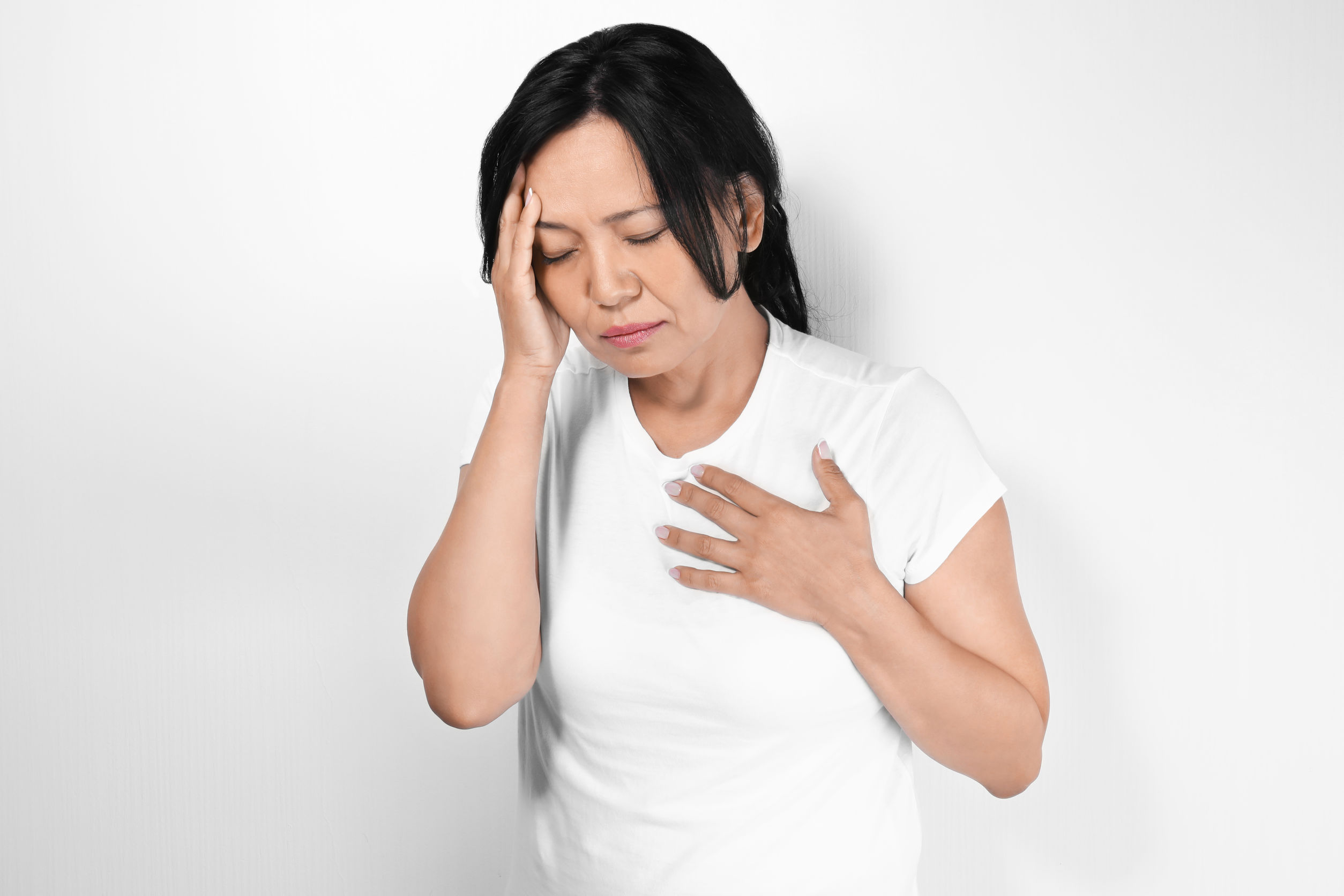Women's Health
Empowering Women: Top Self-Care Tips for Women's Health

In today’s busy world, self-care often takes a back seat. This is especially true for women who may find themselves juggling multiple roles and responsibilities. Prioritising self-care promotes optimal health and wellbeing.
Understanding Women’s Health
Women’s health extends beyond reproductive health. It covers all aspects of women’s physical and mental health and recognises the unique differences between women and men. Women have specific health needs due to different body structures, hormonal influences, and stages of life, such as menstruation, pregnancy, and menopause.
Moreover, women are more prone to certain health conditions like osteoporosis, urinary tract issues, breast cancer, and mental health conditions like depression and anxiety. Consider these factors when creating a self-care routine to maintain overall health.
Physical Self-Care
Exercise and Physical Fitness
Regular physical activity is a cornerstone of good health. It has far-reaching benefits, impacting various aspects of women’s health.
- Heart Health and Disease Prevention: Regular exercise helps maintain a healthy heart and circulatory system. By increasing the heart rate, exercise helps strengthen the heart muscle and improve its efficiency. This, in turn, reduces the risk of heart disease and stroke. Additionally, physical activity can regulate blood pressure and help manage cholesterol levels, providing an overall protective effect on heart health.
- Improving Bone Health: Physical activity, particularly weight-bearing exercises like walking, jogging, and strength training, helps maintain bone density. This especially applies to women at a higher risk of developing osteoporosis. By engaging in regular physical activity, women can improve their bone health and reduce the risk of fractures.
- Recommendation and Routine: Aim for at least 150 minutes of moderate-intensity weekly exercise. This can be broken down as per convenience, for example, 30 minutes daily for five days. Incorporate strength-training exercises at least twice weekly to build muscle and bone strength. Exercise should be enjoyable and fit into one’s lifestyle to ensure long-term adherence. This might include a brisk walk in the park, swimming, or dance classes. Choose enjoyable activities to encourage consistency.
Nutrition
- Balanced Diet: A balanced diet should include a variety of foods, providing carbohydrates, protein, fats, vitamins, and minerals. Include a variety of fruits, vegetables, whole grains, lean protein, and healthy fats in the diet.
- Iron: Iron helps regulate menstrual blood loss. An adequate iron intake helps prevent anaemia, which can cause fatigue, weakness, and decreased concentration ability. Iron-rich foods include lean meats, poultry, seafood, beans, and iron-fortified cereals.
- Calcium and Vitamin D: Postmenopausal women have an increased risk of osteoporosis due to decreased oestrogen levels. Adding calcium and vitamin D should be part of their self-care routine. Calcium contributes to bone health, while vitamin D helps the body absorb calcium. Dairy products, leafy greens, and fortified foods provide calcium. Adequate sun exposure and consumption of foods like fatty fish and egg yolks are good sources of vitamin D.
Regular Health Checks

Routine health checks and preventive screenings are key components of proactive health management.
- Preventive Screenings: Screenings can detect health issues before they become severe, increasing the chances of successful treatment. Some mandatory screenings for women include the following:
- mammograms for breast cancer
- cervical screening for cervical cancer
- bone density tests for osteoporosis
- Regular Health Check-ups: These allow for early detection and treatment of potential health issues. They allow you to discuss health concerns with your doctor and get personalised advice. Regular check-ups typically include the following:
- blood pressure measurements
- cholesterol level checks
- other health assessments based on age and personal health history
For comprehensive coverage, learn more about the health screening packages available at SOG.
Mental and Emotional Self-Care
The state of mental health is an integral part of women’s health. Mental health concerns, such as depression and anxiety, are more common in women than men.
Strategies for Managing Stress
Stress, if not managed properly, can lead to various physical and mental health issues.
- Mindfulness and Meditation: Mindfulness involves focusing on the present moment and accepting it without judgement. This can help reduce the scattered thoughts that often accompany stress and anxiety. Meditation, a practice used to focus attention and achieve a mentally clear and emotionally calm state, can also effectively manage stress. Studies have shown that regular meditation can reduce stress and improve concentration, self-awareness, and overall emotional health.
- Regular Hobbies and Creative Activities: Engaging in enjoyable activities can serve as an effective stress reliever. These activities provide a necessary break from stressors and can help divert your mind to something enjoyable and relaxing. For example, reading, painting, gardening, cooking, or any other activity makes you happy and relaxed. Such activities can also boost mood and provide a sense of accomplishment.
Positive Social Connections and Supportive Relationships
- Spending Time with Friends and Family: Being around loved ones can provide emotional support, reduce feelings of loneliness, and improve mental well-being. Sharing experiences, joys, and challenges with friends and family can create a sense of belonging and security, improving mood and reducing stress.
- Joining Clubs or Groups with Similar Interests: Being part of a community with similar interests can also positively impact mental health. This can foster a sense of community and provide an opportunity to build new friendships, share experiences, and gain new perspectives. This could involve joining a book club, exercise class, hobby group, or volunteering at a local charity.
Self-Care in Different Stages of a Woman’s Life
Women’s health needs vary at different life stages. Appropriate self-care strategies can help manage these changing needs effectively.
Adolescence
The teenage years are a period of rapid growth and development. A nutritious, balanced diet supports growth spurts during adolescence. This includes adequate intake of protein, vitamins, and minerals.
Regular exercise promotes strong bones and muscles and maintains a healthy weight. It also reduces symptoms of anxiety and depression.
Adolescents must have an understanding of their menstrual cycle. Being aware of any irregularities can have a big impact on their overall health as they enter adulthood.
Adulthood
As women transition to adulthood, the focus shifts to maintaining health and preventing disease. Regular exercise and a healthy diet remain vital aspects of self-care, reducing the risk of chronic diseases. Stress management techniques like meditation, regular exercise, and hobbies help to maintain mental health.
Pregnancy and Postpartum
This period brings significant physical and emotional changes. Appropriate self-care supports the health of both mother and baby.
- Prenatal Check-ups: Regular prenatal check-ups monitor the health of the mother and baby, detect complications early, and provide necessary interventions.
- Good Nutrition: A nutrient-rich diet supports the baby’s development and maintains the mother’s health.
- Mental Health Care: Hormonal changes during and after pregnancy can affect mood. Awareness of these changes and seeking help can prevent conditions like postpartum depression.
Menopause and Beyond
During menopause and subsequent years, women experience hormonal changes that affect various aspects of health.
- Bone Health: With the decline in oestrogen levels during menopause, women are at a higher risk of osteoporosis. Adequate calcium, vitamin D intake, and regular exercise, maintain bone health.
- Regular Health Checks: Health checks remain a game-changer for the early detection and management of age-related conditions like heart disease, osteoporosis, and cancers. SOG offers specialised services tailored for an older audience, featuring experts in their respective fields. For breast-related concerns, consult our Breast Surgeon, Dr Tan Chuan Chien. For colorectal issues, our Colorectal Specialist Dr Sim Hsien Lin is available for consultations.
- Balanced Diet and Physical Activity: Maintaining a healthy diet and staying physically active can help manage menopausal symptoms and maintain overall health.
Conclusion
Self-care is not merely an act of indulgence but a necessary aspect of maintaining health and wellbeing. Every woman deserves a personalised self-care routine that caters to her unique needs, fostering health and happiness in every stage of life.
Read this next ...
WHO WE ARE
About SOG Health Pte. Ltd.
Established in 2011, SOG Health Pte. Ltd. (“SOG”) is a leading healthcare service provider dedicated to delivering holistic health and wellness services to the modern family.
With a long and established track record in Singapore providing Obstetrics and Gynaecology (“O&G”) services such as pre-pregnancy counselling, delivery, pregnancy and post-delivery care, the Group has since further expanded its spectrum of healthcare services to include Paediatrics, Dermatology, and Cancer-related General Surgery (Colorectal, Breast & Thyroid).
The Group’s clinics, under its four operating segments of O&G, Paediatrics, Oncology and Dermatology, are strategically located throughout Singapore to provide easy access to its patients.
- Obstetrics
- Gynaecology
- GynaeOncology
- Breast, Thyroid & General Surgery
- Colorectal, Endoscopy & General Surgery
- Dermatology
- Paediatrics
Consult With A Specialist From SOG
Visit one of our specialists today to learn more about your health!
Recommended Specialists
Book An Appointment
Fill up this form and our clinic will get back to you shortly.
For general enquiries, please click here.











